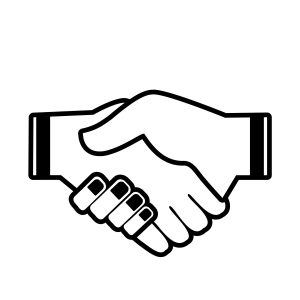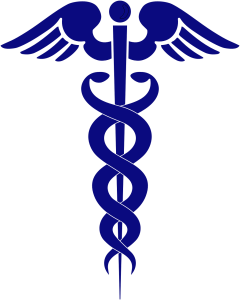
English/Japanese
CEOのスピーチ
皆さん、おはようございます。私たちの会社は、市場で成功を収めました。私たちは、革新的なアイデアと優れたチームワークによって、成長し続けています。
Good morning, everyone. Our company has achieved success in the marketplace. We continue to grow through innovative ideas and excellent teamwork.
私たちの製品は、顧客のニーズを満たすために開発されています。私たちは、常に品質と信頼性を最優先に考えており、お客様からの反応は非常に好評です。
Our products are developed to meet the needs of our customers. We always prioritize quality and reliability, and the feedback from our customers is very positive.
私たちは、社会貢献にも取り組んでいます。私たちは、環境に配慮し、従業員の幸福を重視しています。これらの価値観が、私たちの成功の秘訣です。
We are also committed to social contributions. We care about the environment and the happiness of our employees. These values are the key to our success.
私たちは、従業員のスキルアップにも取り組んでいます。私たちは、従業員にとって最高の職場環境を提供し、彼らが会社と共に成長できるように支援しています。
We are also working on the skills improvement of our employees. We provide the best workplace environment for our employees and support them to grow together with the company.
今後も、私たちは革新的な製品とサービスを提供し、より多くのお客様に貢献していくことをお約束します。
We promise to continue providing innovative products and services and contributing to more customers in the future.
ありがとうございました。
Thank you very much.
Vocabulary List:
- 最高経営責任者 (saikou keiei sekininsha): CEO
- 成功 (seikou): success
- 市場 (shijou): marketplace
- 革新的な (kakushinteki na): innovative
- チームワーク (chiimuwaaku): teamwork
- 成長 (seichou): growth
- 製品 (seihin): product
- お客様 (okyakusama): customer
- 品質 (hinshitsu): quality
- 信頼性 (shinraisei): reliability
- 好評な (kouhyou na): positive
- 社会貢献 (shakaikouken): social contributions
- 環境 (kankyou): environment
- 従業員 (juugyouin): employee
- 幸福 (koufuku): happiness
- 価値観 (kachikan): value
- スキルアップ (sukiruappu): skills improvement
- 職場環境 (shokubakankyou): workplace environment
- 支援する (shien suru): support
- 鍵 (kagi): key
- 感謝する (kansha suru): appreciate
- 約束する (yakusoku suru): promise
- 提供する (teikyou suru): provide






